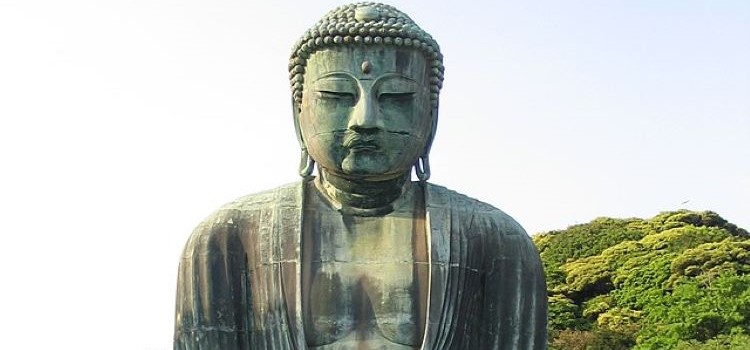Talisman: An object considered to have religious or magical powers intended to protect, heal, or harm individuals (i.e. a crucifix, yin-yang, rabbit’s foot, amulets, crystals).
Virgin Mary: Mary, the mother of Jesus, to whom the Catholics began praying in the third century.
Buddha: The ‘Awakened One’ or the ‘Enlightened One’ from South Asia in the fifth century. While not considered a god, Buddhists bow to his image in respect and seek to gain positive spiritual energy.
Ganesha: One of the most well-known and worshipped Hindu gods. The lord of success and the remover of obstacles.
New Age: All things are one. A diverse spiritual grouping of beliefs that seeks harmony in nature and from within oneself. God is in everything and man is god. The mind creates reality. Many occult practices.
Ancestor Veneration: In some cultures ancestors are honored as spirits, and it is believed that they can warn, protect, and influence daily lives. They are sometimes prayed to and food is left out for them.
Witchcraft: The use of supernatural power or magic to control people or events.
Astrology: A type of divination that forecasts events based through observation of the planets and stars. Horoscope.
Holidays
While there are spiritually lawful ways to enjoy some national holidays, a child of God does not always observe them in the same manner as the world. “Whatsoever ye do, do all to the glory of God.” —1 Corinthians 10:31
Easter (Not to be confused with Resurrection Sunday): Often considered a pagan holiday originally observed to celebrate the goddess of spring and fertility. The hare was the symbol of fertility in ancient Egypt, hence, the Easter Rabbit. Eggs were a symbol of fertility and life and the coloring of eggs dates back to these pagan traditions.
Halloween: Originally a pagan holiday to celebrate Samhain. The beginning of the Celtic winter; a time to honor the dead when the boundary between the living and dead became thin. Carved pumpkins/turnips were used to ward off evil spirits. In the eighth century, the Catholic church attempted to replace this Celtic festival with All Saints Day.
Christmas: Originally a pagan holiday that celebrated the winter solstice and the rebirth of the sun god. The Roman Catholic church adopted the holiday and “Christianized” it so converted pagans could continue with a similar celebration. The use of wreaths and evergreen trees was deeply rooted in pagan practice.








